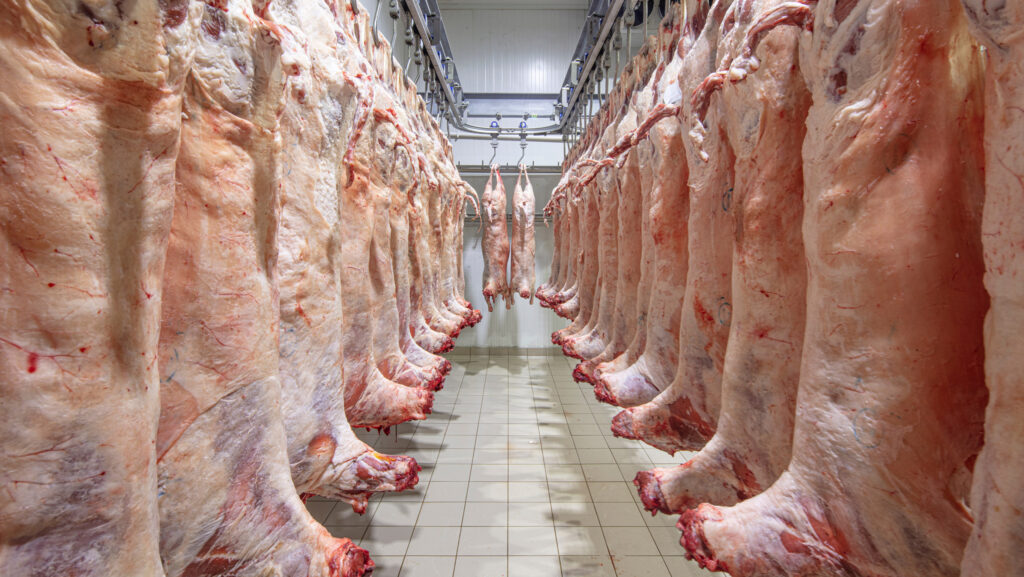Lamb trade bolstered by improved EU market access
 © Adobe Stock
© Adobe Stock British lamb exports are set to benefit from fewer trade barriers and improved access to the EU, following a new agreement between the UK and EU struck on 19 May.
The EU remains the UK’s largest market for lamb, accounting for roughly 94% of total annual exports.
However, trade volumes have declined in recent years due to post-Brexit trade frictions.
Trade figures show that lamb export volumes to the EU reduced by 14% between 2019 and 2024, partially due to increased checks and additional paperwork.
See also: Scottish beef booms with supplies set to tighten further
Ouafa Doxon, head of market access at the AHDB, said regulatory requirements, including veterinary checks, export health certificates and administrative red tape had significantly increased costs and complexity for UK meat exporters, disrupting supply chains, reducing competitiveness and constraining growth.
She added: “Strengthening market access will benefit UK meat exporters, support food supply chain resilience, and reinforce the UK’s position as a key trading partner with the EU.”
The new agreement should allow for more seamless trade to return and has been widely welcomed by the meat industry.
Rizvan Khalid, managing director of exporter Euro Quality Lambs, told Farmers Weekly the deal was “great news” and “hugely significant” for the lamb trade.
Mr Khalid said there would be fewer barriers to trade and it would allow products to reach export markets the next day, rather than taking several days.
The National Sheep Association (NSA) understands the deal could also lead to the creation of a common sanitary and phytosanitary area and an easing of restrictions for live animal movements.
Michael Priestley, NSA policy manager, said: “Details are lacking and this agreement still needs time to come to fruition, but there is a strong drive within Defra to make this work and deliver benefits for businesses as soon as possible.
“Easing requirements around live animal movements should boost the sheep sector long term.
“Bluetongue has hit this activity badly, but this is a move in the right direction.
“This agreement will also remove the need for export health certificates and routine border checks on meat products, which will remove a significant amount of cost and red tape.”
The British Meat Processors Association also strongly welcomed the agreement.
It believes the agreement will help to bring back some of the trade which it says ceased after Brexit due to crippling red tape and tens of millions of pounds’ worth of extra costs.
UK lamb market
UK lamb prices have been under pressure this spring, with plenty of hoggs still available in the marketplace and greater numbers of spring lambs starting to come forward.
The GB deadweight lamb SQQ averaged 665p/kg for the week ending 17 May, down by almost 40p/kg on month-earlier levels.
HCC analysts say prices are roughly 150p/kg lower than the highs of last year, but still 30p/kg higher than the longer-term five-year average.
Meanwhile, prices on the Continent have been well supported, with wholesale R-grade lamb carcasses lifting to €12.11/kg (£10.23/kg) at Rungis Market, Paris, during April.
